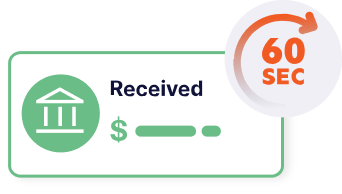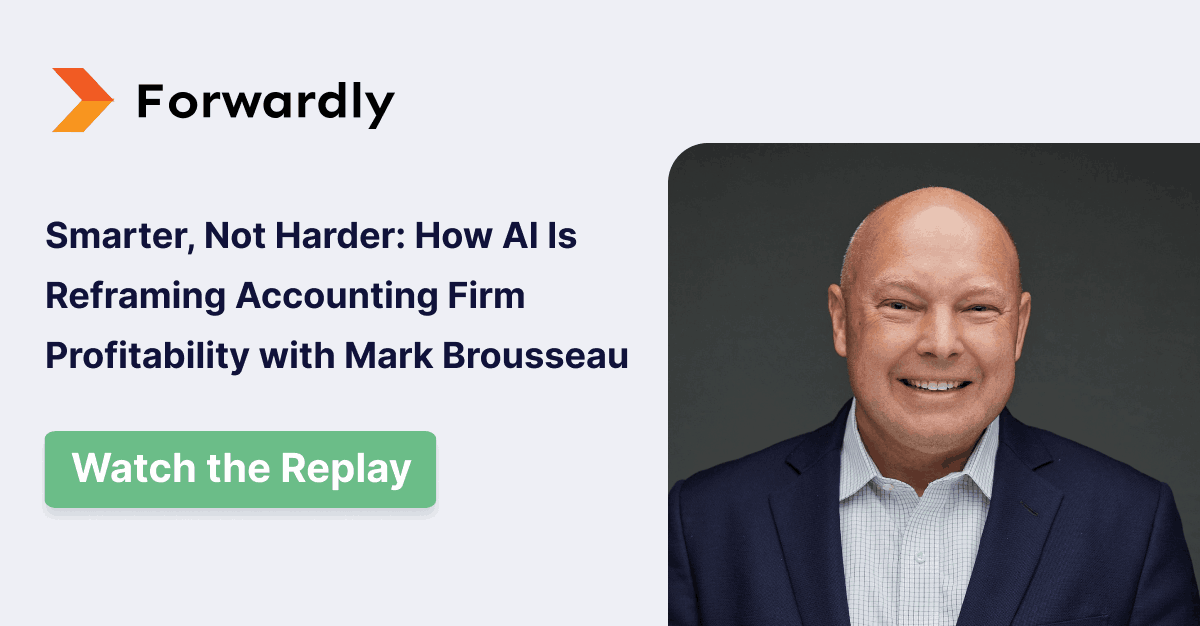Running your own business comes with a lot of perks—being your own boss, flexible hours, and the satisfaction of building something from scratch. But let’s be honest: accounting probably isn’t one of the things you enjoy most. In fact, it can feel like a headache waiting to happen, especially if you’re juggling it all on your own.
But good accounting isn’t something you can afford to skip as a solopreneur. Making even small accounting mistakes can lead to big problems down the road—things like missed deductions, cash flow issues, or even trouble with the IRS. Yikes!
Don’t worry, though. We’re here to highlight six common accounting mistakes solopreneurs often make and how you can steer clear of them.
Accounting mistake #1: Neglecting proper bookkeeping
One common issue solopreneurs face is neglecting proper bookkeeping. We get it—bookkeeping can be boring, and it’s easy to put it off. However, when you skip keeping accurate and up-to-date records, it can lead to missed tax deductions and inaccurate financial reports, creating chaos during tax season. To avoid this, set aside time each week to organize your receipts, log your transactions, and update your books.
If that sounds like too much, accounting software like QuickBooks Online, Xero and FreshBooks can simplify the process and save you from a last-minute scramble. This streamlined approach ensures your financial statements—such as cash flow, balance sheet, and income statement—are accurate, giving you a clear snapshot of your business’s financial health. After all, keeping your records in order means you’ll breathe easier when tax time comes around. 82% of small businesses that fail do so because of poor cash flow management, which often stems from sloppy bookkeeping. So, it’s worth the effort!
Accounting mistake #2: Mixing personal and business finances
Another misstep is mixing personal and business finances. It might seem easier to use one account for everything, but this can lead to serious issues. Tracking business expenses becomes confusing, and you may run into tax problems if you can’t clearly separate personal from business costs.
The best solution is to open a separate business bank account, even if you’re a one-person operation. This keeps your records clean and makes accounting much more manageable. And let’s be real—do you really want to explain to the IRS why your “business lunch” was at a theme park?
Accounting mistake #3: Wrong invoicing
Invoicing is another area where things can go wrong. Have you ever delayed sending an invoice because it felt awkward to ask for money? Or maybe you forgot to follow up on overdue payments? These little delays can have a big impact on your cash flow, and clients may even lose trust in your professionalism.
To avoid these issues, use invoicing software to automate the process and set up reminders for unpaid bills. Apps like Forwardly or FreshBooks can help ensure you get paid on time. Remember, most clients are just busy and appreciate a friendly nudge when a payment is overdue. It’s better to get paid than to be too polite to ask.
Accounting mistake #4: Overlooking faster payment options
Many solopreneurs also overlook faster payment options, sticking with old-school methods like checks and wire transfers. While those methods might feel familiar, they can slow down your cash flow. Waiting for a check in the mail feels like waiting for a letter from Hogwarts—it’s probably never going to happen.
Instant payment platforms like Forwardly can help you get paid faster and streamline the payment process for your clients. 86% of businesses and 74% of consumers said they used faster or instant payments in 2023. So switching to faster methods is a smart move for your cash flow. With Forwardly, you can receive instant payments in just 60 seconds, any time—day or night, 24/7/365. The best part? There’s only a small 1% fee, with a minimum of $1 and a max of $10 per payment. You can even pay your bills instantly. It’s a simple way to keep everything running smoothly!
Accounting mistake #5: Not tracking expenses thoroughly
Tracking expenses can be a hassle, and it’s easy to miss some of the smaller ones—like that coffee you grabbed while working at your local café. But if you’re not keeping tabs on all your business-related expenses, you might be missing out on deductions that could save you money. Without thorough tracking, your financial statements also won’t give an accurate picture of your business.
The solution? Make it a habit to log every purchase, no matter how small. Tools like Expensify let you snap photos of your receipts and categorize them automatically, making this process easier than ever.
Accounting mistake #6: Avoiding financial statements
Avoiding financial statements is a big mistake that can leave you flying blind when it comes to understanding the health of your business. Many solopreneurs avoid looking at their profit and loss statements, basic balance sheets, income statements or cash flow reports because it feels overwhelming or boring. However, these documents are key to knowing where your business stands financially.
Reviewing them regularly helps you spot potential issues before they become major problems. If you’re not comfortable with numbers, consider working with an accountant who can break things down for you.
Running a solo business isn’t easy, but with the right accounting habits, you can avoid these common mistakes and keep your finances in check. Whether it’s separating your finances, embracing faster payment methods, or simply staying on top of your books, these strategies will save you time, money, and a lot of stress. So, which mistake are you tackling first?
 Back to Blog
Back to Blog


